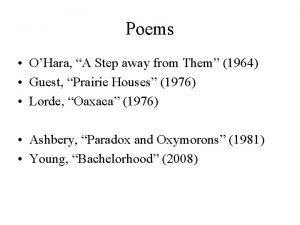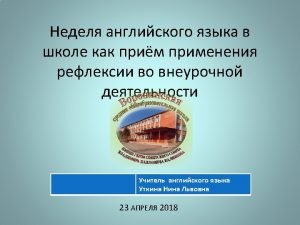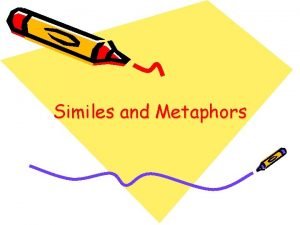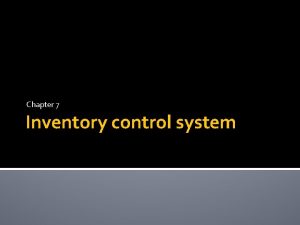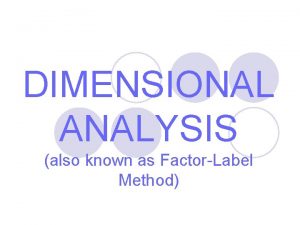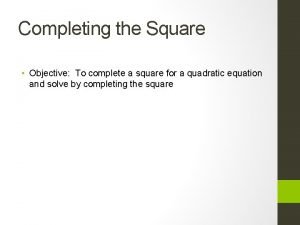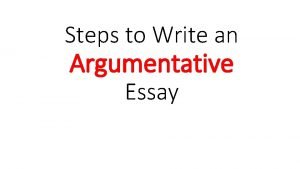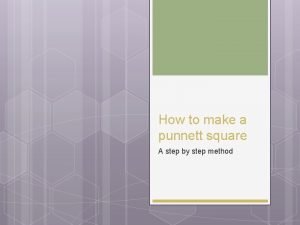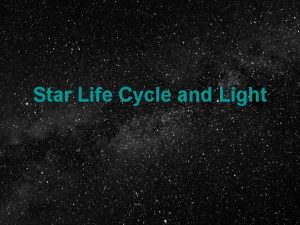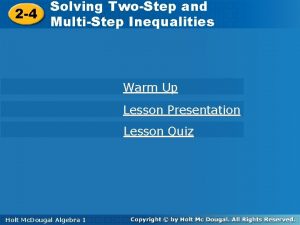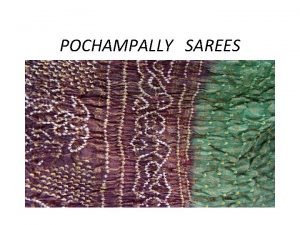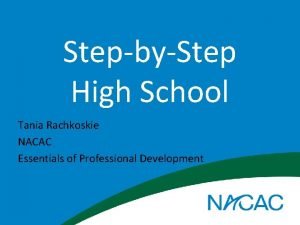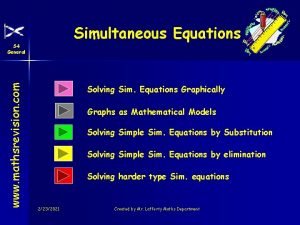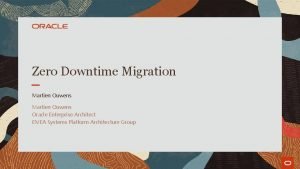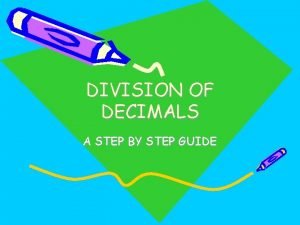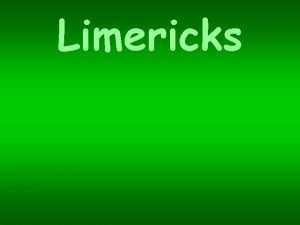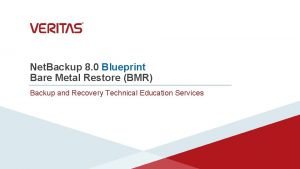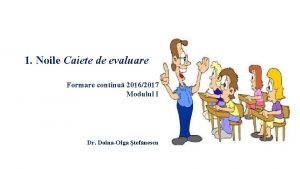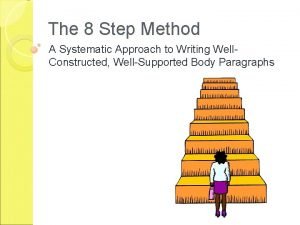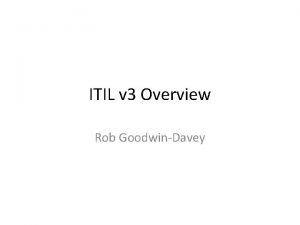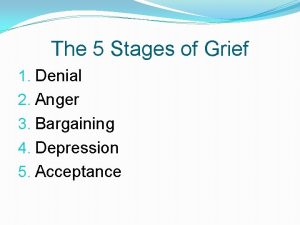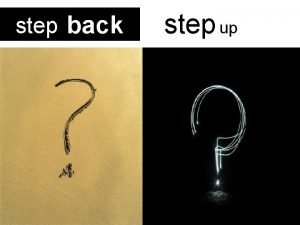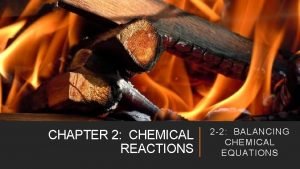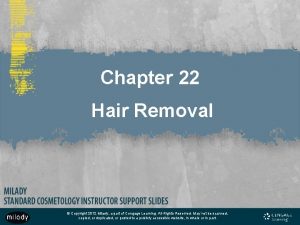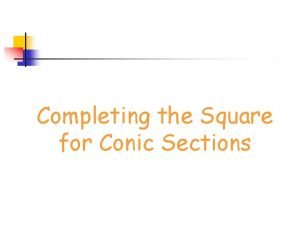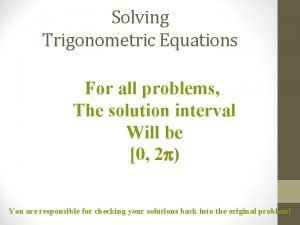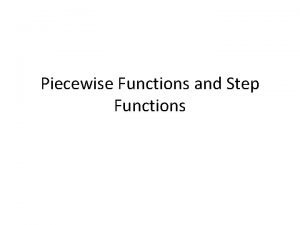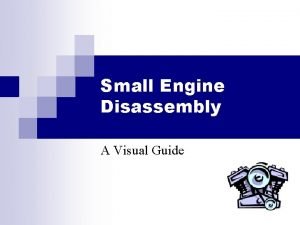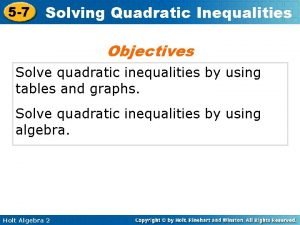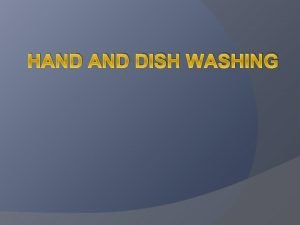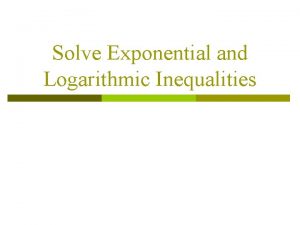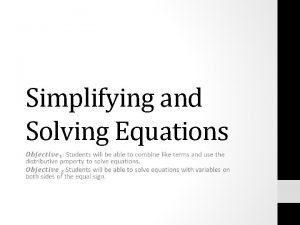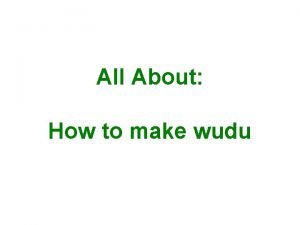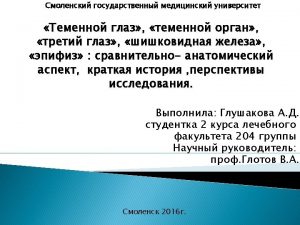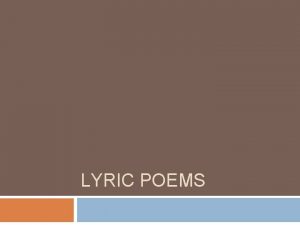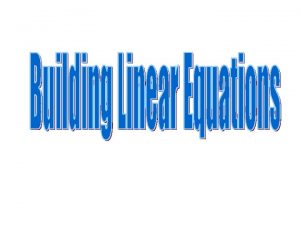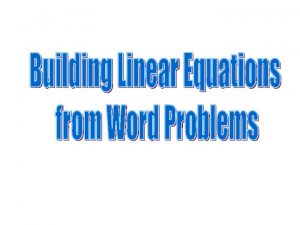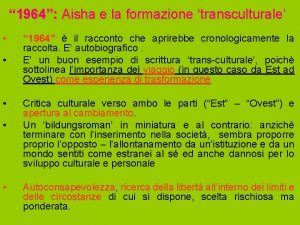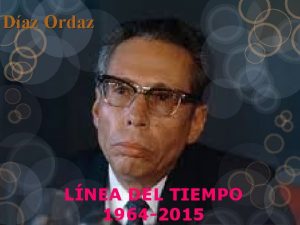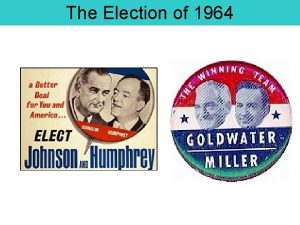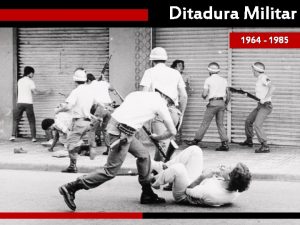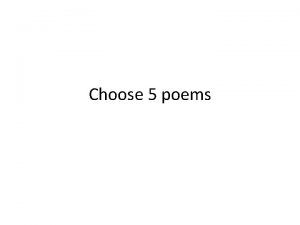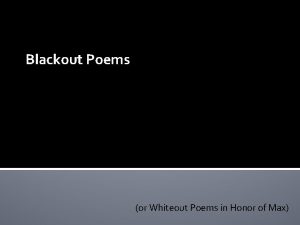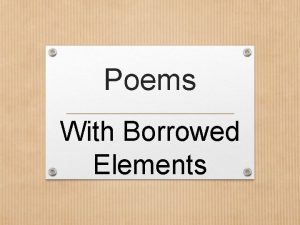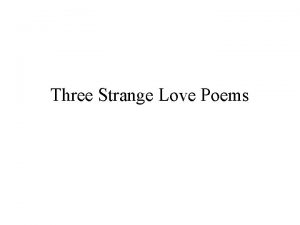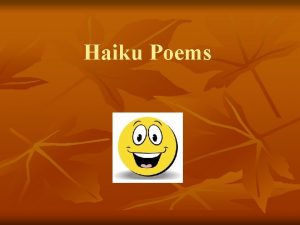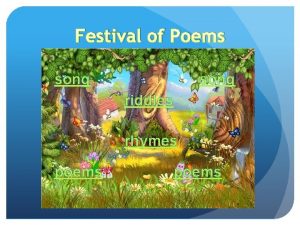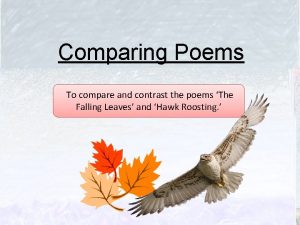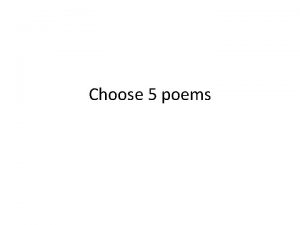Poems OHara A Step away from Them 1964


































![Form of the Test I. Definitions [30/100]: Briefly define THREE of the following words Form of the Test I. Definitions [30/100]: Briefly define THREE of the following words](https://slidetodoc.com/presentation_image/db82fdb65052fa338535000f8d74299b/image-35.jpg)
![Form of the Test II. Cause and Effect [30/100]: Choose TWO of the following. Form of the Test II. Cause and Effect [30/100]: Choose TWO of the following.](https://slidetodoc.com/presentation_image/db82fdb65052fa338535000f8d74299b/image-36.jpg)
![Form of the Test III. People [20/100]: Briefly discuss the significance, effect, influence, etc. Form of the Test III. People [20/100]: Briefly discuss the significance, effect, influence, etc.](https://slidetodoc.com/presentation_image/db82fdb65052fa338535000f8d74299b/image-37.jpg)
![Form of the Test IV. Comparison/Contrast [20/100]: Choose TWO of the following pairs of Form of the Test IV. Comparison/Contrast [20/100]: Choose TWO of the following pairs of](https://slidetodoc.com/presentation_image/db82fdb65052fa338535000f8d74299b/image-38.jpg)



- Slides: 41

Poems • O’Hara, “A Step away from Them” (1964) • Guest, “Prairie Houses” (1976) • Lorde, “Oaxaca” (1976) • Ashbery, “Paradox and Oxymorons” (1981) • Young, “Bachelorhood” (2008)

Frank O’Hara (1926 -1966)

Historical Conditions of the Poem • What makes the scene diverse (and what are some of the diverse elements)? • What is necessary for these juxtapositions to be possible?

To Consider • • • laborers a Negro blonde chorus girl Puerto Ricans magazines with nudes posters for BULLFIGHT

And • • • Federico Fellini (filmmaker) John Latouche (musician) Jackson Pollock (painter) Armory Show Pierre Reverdy (poet)

Movement • What is the function of movement in the poem?

Meaning as Diffuse • Is there a dominant or unifying theme pointing to a meaning underneath this collection of observations? • Or is the collective encounter itself the meaning? • What are the implications of deferring meaning through difference?

“Them” • Who is the “them” of the title? • Are the unnamed individuals or groups the “them”— do these individuals/groups have symbolic signficance? • Is the “them” the dead artists referred to later—since the speaker specifically calls this group “them”?

Connections • Why does O’Hara juxtapose these two types of experience: the everyday world of people who probably don’t go to art shows or read/write poetry, and the world of the avant-garde (suggested clearly in different art fields: Armory Show, Pollock, and Fellini)?

Disconnections • Does the speaker feel separated from both— separated by education and interests from the first group and separated by death from the second? • Why is he stepping away from instead of trying to get closer to (as the title suggests)?

For Reference • http: //www. english. illinois. edu/maps/poets/m_ r/ohara/stepaway. htm

Bits and Pieces • Bowers: “like a motion picture, ” “Everything has equal significance” • Stein: “[O’Hara] is made fitfully aware that time imposes limits. ” • Perloff: “the perception that death is…the mother of beauty” • Smith: “the walk and text are almost synchronous”

Barbara Guest (1920 -2006)

Guest’s Subject • Guest seems to be writing about the physical and cultural appropriation of an environment in “Prairie Houses. ” • This relation seems to be more than a human/nature situation in which human culture modifies an environment for its own use (usually involving the destruction of certain environmental features, and in the modern period, ignorance of its qualities or sustainability).

Guest’s Title • The title probably suggests to most American readers houses intended for humans, that is, human homes on the prairie. • Which parts of the United States are on the prairie? What does the word prairie denote? • What does it connote (a harder question since it is used colloquially in American English)?


Prairie

Prairie House

Human vs. Nature • Although the title already makes us think of a certain kind of house, the first complete sentence actually refers to the dwellings of animals (rabbits, moles, snakes). • These homes are not immediately visible (underground), and so they do not visually disturb the environment. How do the human homes differ?

Destructive Process • There is a suggestion of criticism in the words “euphemistically, sentimentally/termed prairie”; possibly it means that the word prairie has simply become property or real estate (our “misunderstanding” of the title), which suggests both the invasion of human beings into a natural ecosystem leading to the destruction of one set of houses (natural, animal) and their replacement by another (human).

Displacement of Natives • In the context of American history, it may also suggest the displacement or removal of what used to be there (“sentimentally” for a past that has been destroyed), which included Native Americans whose houses were not permanent (“early earthworks”—referring to Indian mounds). They were sometimes nomadic people who had different ideas about property and development from the whites who came later.

Earthworks

Impact of Whites • The “willful pressure, ” presumably of white culture, is “permanent, ” and the use of certain words like “stethoscope” and “selective engineering” tell us about what kind of scientifically and calculated culture dominates this environment. • The land is reworked and viewed as a “climate” that needs to be mastered (“eschewment of climate exposure, elemental/understandings, / constructive adjustments to vale and storm”).

Irony of White Dominance • The victory of white outsider culture is ironic—it remakes the past and culture that it has destroyed: “historical reconstruction of early earthworks, ” which merely becomes an attraction in a mixed up confusion of styles that have no clear cultural basis. • This point is emphasized in “oriental modeling, ” “baronial burdening, ” and “rafters and the staircase heaviness”—none of which have any clear relation to the natural environment (that is, the environment is treeless and relatively flat, and so these styles are out of place).

General Conclusion • The poem leads us to reflect not only on this specific environment, but of all cultural environments that are threatened by so-called development, shallow understandings of environmental complexity, and postmodern relativism. • Naturally, we don’t have to go very far for examples.

Audre Lorde (1934 -1992)


John Ashbery (b. 1927)

Structural Variation • Stanzas one, three, and four end with periods, but we note the enjambment between the second and the third stanzas. • Is this important? • Why this variation in the poem’s structure?

Towards Autonomy • The poem starts out as a kind of economy (of play) involving different participants: the author, the reader, and the poem itself. • Later, the poem takes on its own life.

Poetic Life • The poem is not simply personified since it exists as a non-human thing (referred to as an “it”). • Why is the poem not humanized at first but then equated with you (presumably a human reader) later?

The Poetic Object • Is Ashbery suggesting that the poem is an object that he has no control over, or that poems are something that write themselves? • Is the Otherness of the poem equated somehow with the otherness of the you, possibly the reader? • And isn’t Ashbery a reader of his own poem, and therefore necessarily also in the you position?

Attachment • Should the “you” be interpreted more intimately as a romantic relation? • Could the poem be simpler than it seems in that the love message is destroyed in the mechanical processes of production (the typewriters), and the love gesture is in the process of composition, not in some product (this is the paradoxical element in the title)?

Kevin Young (b. 1970)
![Form of the Test I Definitions 30100 Briefly define THREE of the following words Form of the Test I. Definitions [30/100]: Briefly define THREE of the following words](https://slidetodoc.com/presentation_image/db82fdb65052fa338535000f8d74299b/image-35.jpg)
Form of the Test I. Definitions [30/100]: Briefly define THREE of the following words in the context of this course. • [ten terms follow]
![Form of the Test II Cause and Effect 30100 Choose TWO of the following Form of the Test II. Cause and Effect [30/100]: Choose TWO of the following.](https://slidetodoc.com/presentation_image/db82fdb65052fa338535000f8d74299b/image-36.jpg)
Form of the Test II. Cause and Effect [30/100]: Choose TWO of the following. • [five terms follow]
![Form of the Test III People 20100 Briefly discuss the significance effect influence etc Form of the Test III. People [20/100]: Briefly discuss the significance, effect, influence, etc.](https://slidetodoc.com/presentation_image/db82fdb65052fa338535000f8d74299b/image-37.jpg)
Form of the Test III. People [20/100]: Briefly discuss the significance, effect, influence, etc. of ONE of the following entries. • [four terms follow]
![Form of the Test IV ComparisonContrast 20100 Choose TWO of the following pairs of Form of the Test IV. Comparison/Contrast [20/100]: Choose TWO of the following pairs of](https://slidetodoc.com/presentation_image/db82fdb65052fa338535000f8d74299b/image-38.jpg)
Form of the Test IV. Comparison/Contrast [20/100]: Choose TWO of the following pairs of words. Compare or contrast the words in a few sentences, keeping our course focus in mind. • [four pairs of terms follow]

History Examination: Term List • Atlantic Charter • bear market • Brown v. Board of Education • bull market • Civil Rights Bill of 1964 • conservatives • de facto • de jure • Emergency Quota Act/National Origins Act of 1924 • eugenics • Fundamentalism • Great Depression • Great Migration • Harlem Renaissance

History Examination: Term List • • Isolationism Jim Crow laws John Scopes Joseph Mc. Carthy League of Nations liberals Ku Klux Klan • • Martin Luther King, Jr. Mc. Carthyism nativism Nicola Sacco/Bartolomeo Vanzetti • Pearl Harbor

History Examination: Term List • • Prohibition Red Scare separate-but-equal Treaty of Versailles trench warfare World War II
 Step 1 step 2 step 3 step 4
Step 1 step 2 step 3 step 4 A step away from them
A step away from them Scary monster go away
Scary monster go away If you can t beat them join them
If you can t beat them join them Poem with metaphor
Poem with metaphor Step-by step inventory process
Step-by step inventory process Multi step dimensional analysis
Multi step dimensional analysis Complete square formula
Complete square formula Steps of argumentative essay
Steps of argumentative essay Stages of portfolio management
Stages of portfolio management Punnett square step by step
Punnett square step by step Life cycle of a star video
Life cycle of a star video Solving two step inequalities
Solving two step inequalities How to draw a water tower step by step
How to draw a water tower step by step Write the process of making pochampalli saree
Write the process of making pochampalli saree Nacac step by step
Nacac step by step Simultaneous equations step by step
Simultaneous equations step by step Dewey anderson classification
Dewey anderson classification Oci ssh
Oci ssh Division
Division Incisor labiality
Incisor labiality Limerick graphic organizer
Limerick graphic organizer Bare metal restore netbackup
Bare metal restore netbackup Caiet de evaluare step by step
Caiet de evaluare step by step 8 step method
8 step method Step 1 in 7 step improvement process
Step 1 in 7 step improvement process Stage 1: denial
Stage 1: denial Describe the process of preparing apple juice in 5 steps
Describe the process of preparing apple juice in 5 steps Step back step up
Step back step up How to balance chemical equations step by step
How to balance chemical equations step by step Photoepilation milady
Photoepilation milady Completing the square steps
Completing the square steps Trig equations
Trig equations How to solve piecewise functions step by step
How to solve piecewise functions step by step How to use viva video
How to use viva video Visual studio disassembly
Visual studio disassembly Quadratic inequalities critical values
Quadratic inequalities critical values Wpf step by step
Wpf step by step 5 steps in washing dishes
5 steps in washing dishes Exponential inequality definition
Exponential inequality definition Combining like terms steps
Combining like terms steps Steps of making wudu
Steps of making wudu

